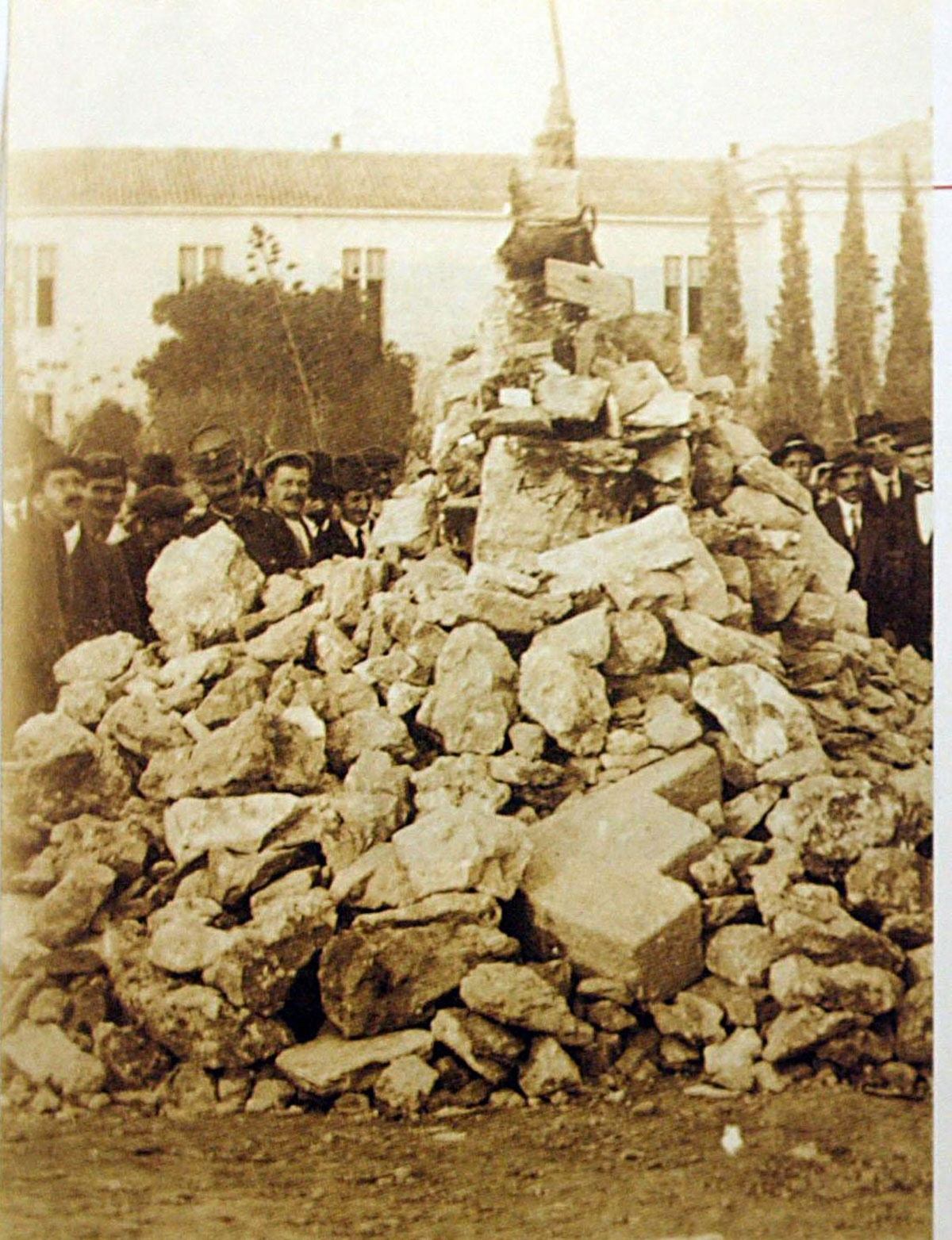I’ve been pondering taboos for quite a while now; you’ll see a recent rumination from me at Nice skewering of Humour as Virtue Signalling.
In the West latterly, we exult in people breaking taboos, as if being a rebel and a taboo-breaker is its own reward. You know,
Well, people tell me love is for fools.
Here I go, I’m breaking all the rules.
It seems so easy. (Seems so easy, seems so easy, seems so easy.)
It’s so doggone easy
Well, you’re breaking the rules against sounding like a goddamn hick, anyway.
What’s that? A horrible prejudiced thing to say? Yes, of course it is. That’s a taboo. Not “falling in lurve”. Not premarital petting. Not whatever bizarre fantasy version of 50s America is being portrayed in Footloose. We congratulate ourselves for breaking taboos—and the minute everyone’s breaking a taboo, it no longer is much of a taboo now, is it.
Saying “fuck”. Not a taboo.
Talking about sex. Not a taboo.
Used to be a taboo, sure. But that doesn’t say much.
As Nick Nicholas’ answer to Is Greek pop culture less interested in the Middle Ages than Western pop culture? describes, I’ve just picked up a copy of the new edition of Stephanos Sachlikis’ poetry. (Greek-speakers, see the review in Η μισογυνική και άσεμνη ποίηση του Κρητικού Στέφανου Σαχλίκη (14ος αι.)) Sachlikis wrote in the 1370s, and he was the first Christian Greek poet to use rhyme.
I say “first Christian Greek poet”, because the first poet to use rhyme in Greek at all was Rumi. Yes, that Rumi. Nick Nicholas’ answer to How are Rumi’s poems in Greek?
Sachlikis’ poems are about his dissolute youth; the Black Death had been and gone when he was a teenager, death was everywhere, so he partied hard, and spent his money on gambling and prostitutes. He ended up in jail, where he wrote his poems, and after he got out of jail, he retired to his feudal property in the countryside.
He said “fuck” a lot, and he talked about sex. Which means he’s filthy. In fact, his editors call him the filthiest writer in Greek up until the surrealist free-for-all sex romp of Andreas Embirikos’ Megas Anatolikos. I’m not convinced he should beat out the scatology of the Mass of the Beardless Man (Spanos), but I guess that depends on whether you think scatology or pornography is filthier.
Just because he’s filthy, doesn’t mean he’s a revolutionary. The editor points out that scholars from the GDR and USSR paid him attention, hoping to find hints that he was some rebel trying to undermine The System. But he was no such thing: once he got to his farm, he was just as scathing about the peasantry he was exploiting. And when he was in jail, he was a complete snob about his jailers’ drunkenness.
Just because he’s filthy doesn’t mean he’s our kindred spirit either. The posthumous lecture from the editor talks about how obscure Sachlikes is, and he speculates that Greeks might latch on to him because he’s filthy, because his profanity sounds so fresh and modern, because Modern Greeks, too, swear a lot. And I have seen several essays singling out his Parliament of Whores for how delightfully modern it sounds:
Γαμιέται η Κουταγιώταινα κι ο σκύλος της γαυγίζει
και κλαίσι τα παιδάκια της κι εκείνη χαχανίζει.
Η χήρα η Καψαμπέλαινα έναι όπου την μαυλίζει
και τρώ’ την ώς το κόκαλον, διά να την συργουλίζει.
Στου Κουταγιώτη την αυλή κέρατα ξεφυτρώνουν,
κόπελος έν’ στο σπίτιν του, δι’ αυτούνον εξεστρώνουν,
και λέγουν της: «Πολιτική, διατί δεν σε γκαστρώνουν;»
They’re fucking Koutayotis’ wife. Dogs bark,
her kids cry, and she thinks it such a lark.
Old Kapsambelis’ widow is her pimp;
she flatters cash from her till she goes limp.
In Koutayotis’ yard the cuck horns grow.
A bastard’s in his house and in the know.
They tell her: “Whore, why won’t your belly show?”
But the editor Panayotakis did drop a hint that, again, we’re being misled. A very cryptic hint: His swearing may sound like it echoes contemporary Greek realities (καθημερινότητα), but Greek readers will be disappointed to find that he is not of our time.
Is he a too-cool-for-school, komboloi-twirling petty thief of the 1920s? A barhopping fuckboy of the 90s? Is he someone contemporary Greeks would recognise, as someone they’d talk to in the street? Or least, someone they’d have heard songs about?
No, of course not. He’s a feudal lord from the 14th century. He’s a relentless misogynist; and while Greeks are quite familiar with misogyny, they’re not familiar any more with the moralising pre-Ottoman version. He relishes in talking of what sex workers get up to, but it’s a lot of venom and not a lot of fun; and it retreats back, in the end, to the cosily mediaeval notion of counsels to one’s son: Francis (Frandzeskis) is to avoid wandering at night, dice, and whores.
I’m looking forward to rereading Sachlikis’ poems in the new edition; and I will enjoy the language. But its salutary to be reminded that, just because he’s writing in my language, doesn’t make him my countryman: the past is always a foreign country.
With different taboos, that we are at pains to make any sense of.






